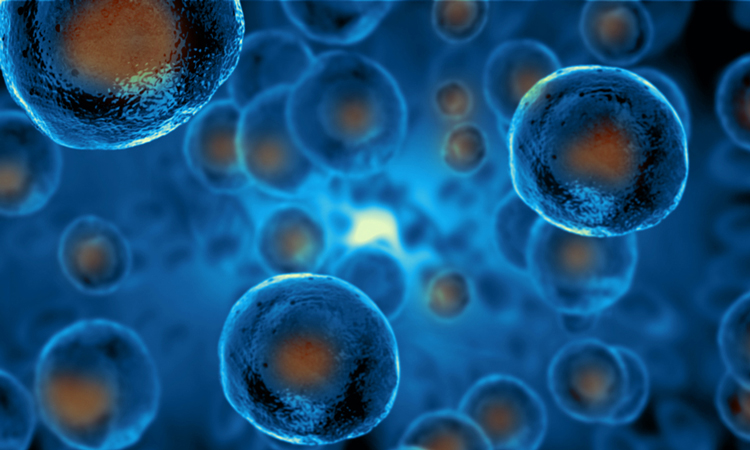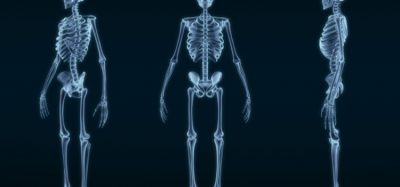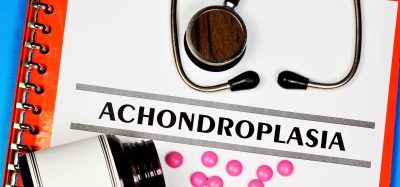Researchers use iPSCs to treat neuropathic pain in mice
Posted: 27 January 2020 | Victoria Rees (Drug Target Review) | No comments yet
Induced pluripotent stem cells (iPSCs) have been administered to mice with neuropathic pain to provide lasting relief with no side effects.


Australian researchers have used human induced pluripotent stem cells (iPSCs) to make pain-killing neurones that provide lasting relief in mice in a single treatment and without side effects.
Conducted at the University of Sydney, the researchers say the next step is to perform extensive safety tests in rodents and pigs, then move to human patients suffering chronic pain within the next five years.
The team used human iPSCs derived from bone marrow to make stem cell-derived GABAergic (iGABAergic) neurons, which are known to stop pain, in the lab. These were then put into the spinal cords of mice with serious neuropathic pain.
Biomarkers aren’t just supporting drug discovery – they’re driving it
FREE market report
From smarter trials to faster insights, this report unpacks the science, strategy and real-world impact behind the next generation of precision therapies.
What you’ll unlock:
- How biomarkers are guiding dose selection and early efficacy decisions in complex trials
- Why multi-omics, liquid biopsy and digital tools are redefining the discovery process
- What makes lab data regulatory-ready and why alignment matters from day one
Explore how biomarkers are shaping early drug development
Access the full report – it’s free!
“Remarkably, the stem-cell neurons promoted lasting pain relief without side effects,” co-senior author Dr Leslie Caron said. “It means transplant therapy could be an effective and long-lasting treatment for neuropathic pain. It is very exciting.”
The researchers say that as they can control where they administer the pain-killing neurons, they can target only the parts of the body that are in pain, so reduce the side effects.
…the next step is to perform extensive safety tests in rodents and pigs, then move to human patients”
“Nerve injury can lead to devastating neuropathic pain and for the majority of patients there are no effective therapies. This breakthrough means for some of these patients, we could make pain-killing transplants from their own cells and the cells can then reverse the underlying cause of pain,” said Associate Professor Greg Neely, a leader in pain research at the Charles Perkins Centre and the School of Life and Environmental Sciences.
According to the researchers, if the tests are successful in humans, it could be an innovation in the development of new non-opioid, non-addictive pain management strategies.
The study was published in Pain.
Related topics
Drug Targets, Induced Pluripotent Stem Cells (iPSCs), Stem Cells, Therapeutics
Related conditions
Neuropathic pain
Related organisations
Sydney University
Related people
Associate Professor Greg Neely








